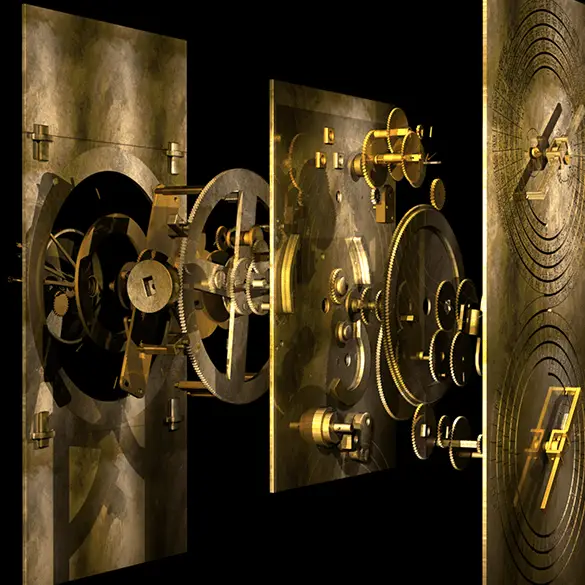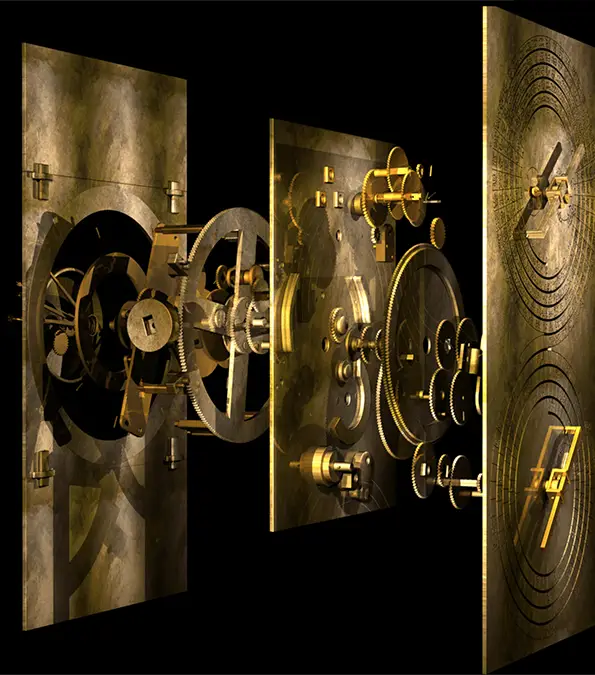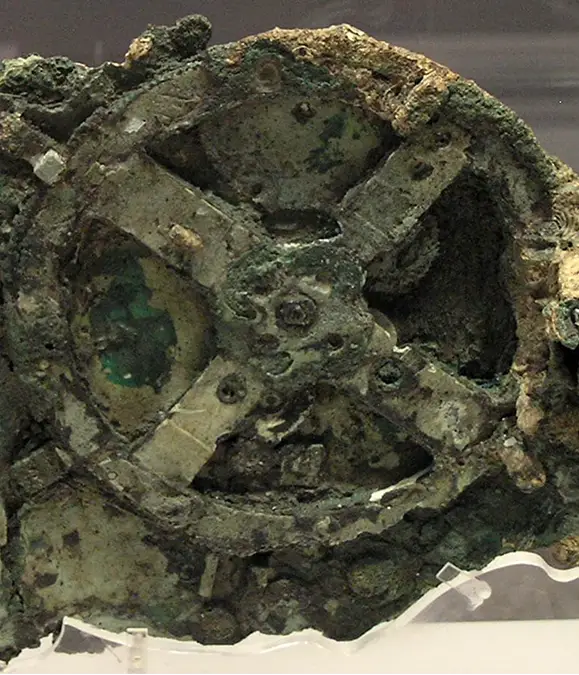
Depending on the way you look at it, you might have a different date in mind for when the first computer was invented.
In 1822, Charles Babbage originated the concept of a digital programmable computer but it wasn't built until 1991.
Meanwhile, the ENIAC (Electronic Numerical Integrator and Computer) was the first electronic general-purpose digital computer built in 1945.
And The Micral N was the world’s first personal computer launched in 1973.
Advert
But let's rewind even further - 2,200 years ago to be exact - when the oldest analogue computer was around.
The device, now known as the Antikythera mechanism, was discovered by sponge divers in the Greek Mediterranean in 1900.

They stumbled upon a shipwreck full of treasures, including marble sculptures and other ancient artefacts, marking the first major underwater archaeological dig in history.
One object, in particular, was overlooked, it was a lump around 30cm long.
When it broke, it revealed gear wheels the size of coins.
This is surprising since gears like them shouldn't have existed in ancient Greece or anywhere else until centuries later, according to mathematician Tony Freeth at the University College London, who has studied the Antikythera mechanism for over 20 years.
Over the years, it has split into 82 fragments, revealing that it was once some sort of sophisticated calculation machine – otherwise known as a computer.

Experts have figured out some of its workings in that it is a hand-powered model of the solar system.
Dozens of small gears with one-millimetre-long teeth were used to predict the positions of the sun, moon and planets at any given time.
But questions still remain about the computer's origins. And theories coming forward are dividing the scientific community.
Whilst the evidence in the shipwreck suggests it might have been made in 60 and 70 BC, other evidence suggests the Antikythera mechanism might date back to 200 BC.
One thing is clear, however. It's 'the most technologically complex object ever found from the ancient world,' as Freeth put it in his 20212 article.
All in all, what's most interesting to take from this is that it challenged many scientists' beliefs about the technological capabilities of the ancient Greeks.